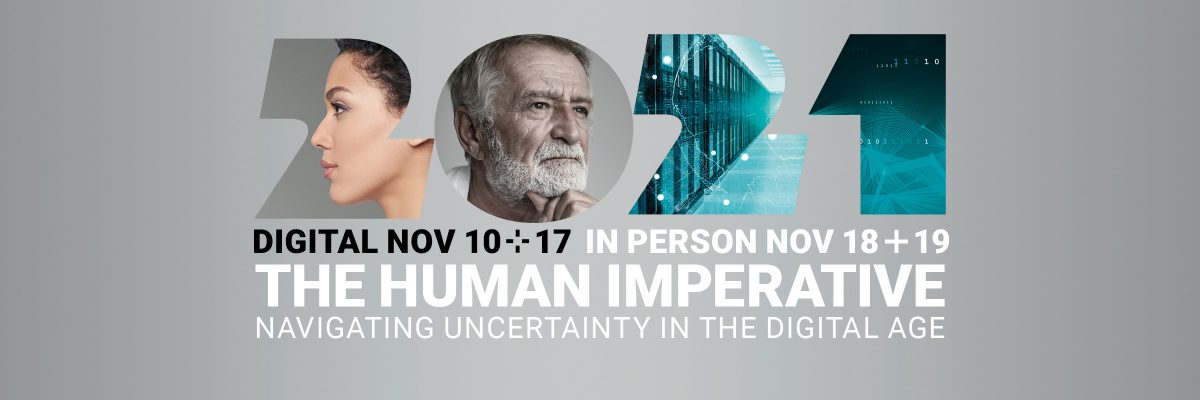
The world of work can be seen as a complex ecosystem with many interdependent species including workers, employers, suppliers, and regulators. In predicting the impact of technology on the future of work, the prevailing economic narrative focuses on changes to jobs and tasks caused by automation. We need to examine the impact that the same technology has already had on workers and our societies, and also the infrastructure we use to organise our work.
Drucker Forum 2019
The internet has provided new ways to spend our time, whether in gaming, shopping, socialising or watching movies. We also have more options to earn money, from payments for clicking adverts, to producing videos or paid tasks designing, coding, writing or driving. The digital age has changed the competitive dynamic between our leisure time and our working time.
The infrastructure we use to find workers and work is now creaking in the digital age, where Google has made much of our information searchable. In the world of work, there is poor visibility of career data, friction in the system and inefficient matching. Workers can’t see all the available jobs, and employers can’t see all the available workers. We still use CVs/resumes where the data is self-reported, unverified and not searchable. The data on CVs is only part of the story when it comes to predicting success in a new role. Our career data is stored, and sold, in protected centralised databases owned by the recruitment industry. Employers pay a high transaction fee for access to these ‘walled-gardens’ of workers’ data.
A new decentralised infrastructure for work is being built that will give people sole ownership of their digital identities and allow career data such as qualifications and employment history to be owned and managed in digital wallets. With these foundations, new peer-to-peer work matching platforms can emerge that reduce much of the current inefficiencies and cost. With more trust between workers and employers, different organisational structures will evolve that pull resources when needed from a liquid workforce. Recruitment could become almost seamless, “a simple boundary change, because you already know who they are and who you want.” as Don Tapscott said.
In creating diverse, sustainable and more resilient work ecosystems a multi-disciplinary approach is needed. We also need a change in mindset: as Peter Drucker warned, the most dangerous thing in turbulent times is not the change itself, but trying to solve problems using the same thinking as in the past. In using the ecosystem metaphor for organisations, it’s worth noting that biological ecosystems are not designed, they emerge. Let’s give this new decentralised infrastructure for work a chance to evolve, so that our future organisations and careers can flourish.
About the Author:
Andrew Spence works as a workforce strategist and is faculty at the Blockchain Research Institute @AndySpence
This article is one in the Drucker Forum “shape the debate” series relating to the 11th Global Peter Drucker Forum, under the theme “The Power of Ecosystems”, taking place on November 21-22, 2019 in Vienna, Austria #GPDF19 #ecosystems

